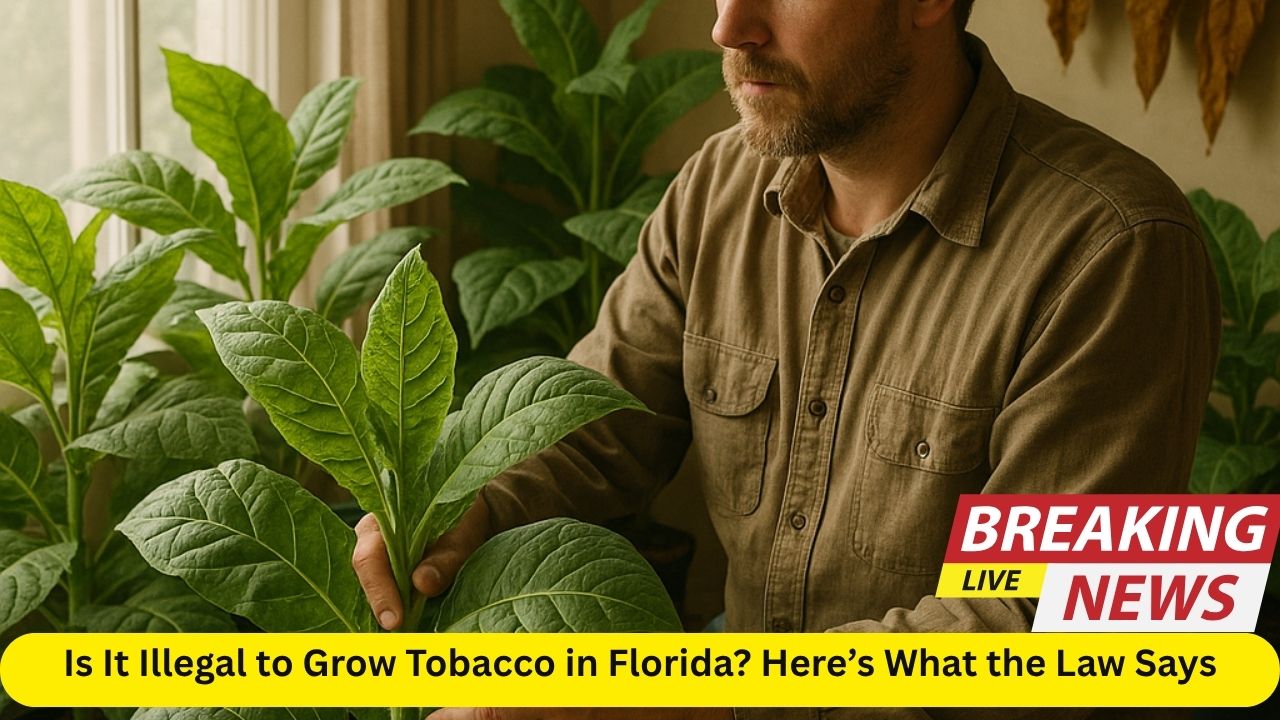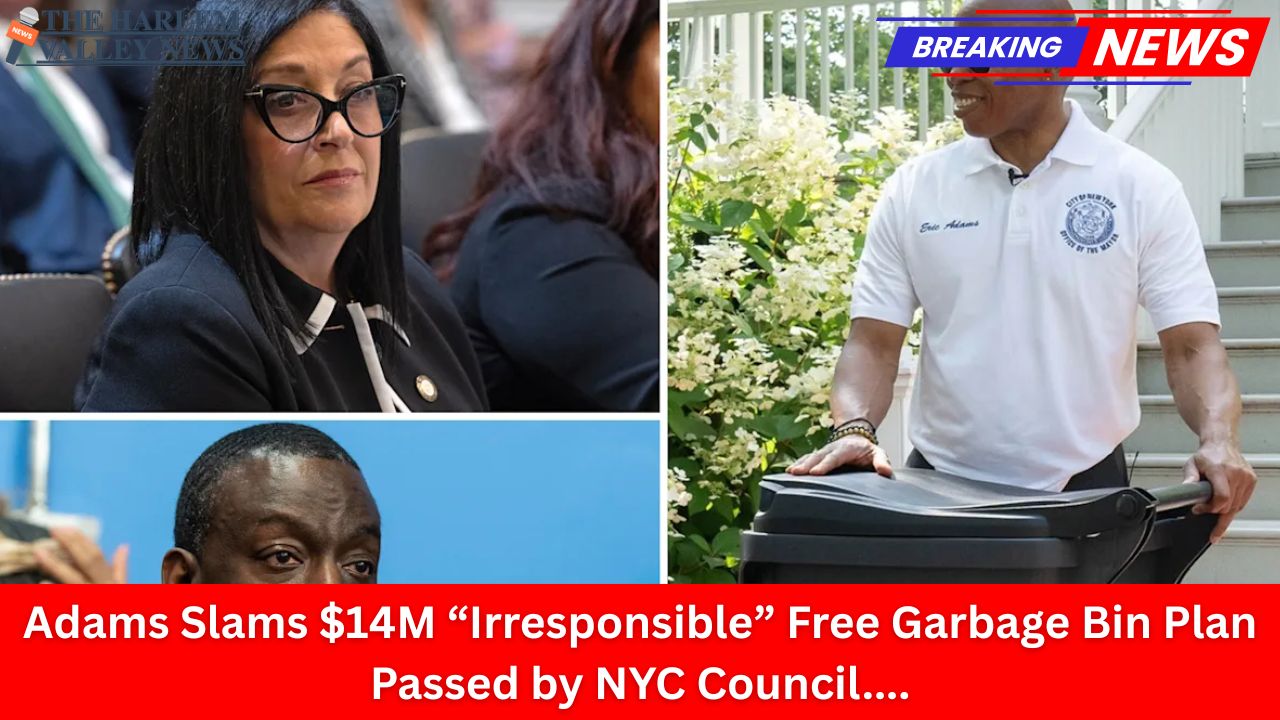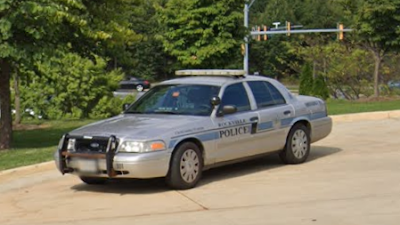Tobacco has long been a staple in America’s agricultural story, and Florida—with its rich soils, humid climate, and farming traditions—is no exception. Whether you’re a gardener seeking to grow a few plants for personal use or a DIY cigar enthusiast looking to craft your own blends, the question naturally arises: Is it illegal to grow tobacco in Florida?
The short answer is no, it’s not illegal to grow tobacco in Florida for personal use. However, like many legal matters, the nuances are where it gets complicated. Laws change drastically when you move from personal cultivation into commercial manufacturing or distribution. This article explores Florida’s tobacco cultivation laws, the broader legal landscape, practical growing tips, and what to avoid to stay on the right side of the law.
The Legal Landscape in the U.S.
In most states, including Florida, there are no federal laws prohibiting personal cultivation of tobacco. The United States government does not regulate personal tobacco growth as long as it’s not being sold, bartered, or used in any form of commerce. However, once tobacco is processed and packaged for sale, several layers of regulation kick in—federal, state, and sometimes even local.
This distinction between personal use and commercial sale is critical. While federal agencies like the Bureau of Alcohol, Tobacco, Firearms and Explosives (ATF) don’t regulate small home gardens, they do keep a close eye on unlicensed manufacturing and distribution.
Growing Tobacco in Florida: Laws and Regulations
Personal Use Is Legal
If you live in Florida and want to grow tobacco on your own property for personal consumption—whether it’s for cigarettes, cigars, or pipe tobacco—you can do so without a permit or license. There are no state-mandated plant limits for home growers. It’s treated similarly to growing tomatoes or basil in your backyard.
This means individuals can cultivate and cure tobacco, smoke it themselves, and even share it with friends informally, provided no money changes hands. The moment any form of exchange happens—be it online sales, roadside stands, or small-batch cigar rolling—Florida law treats it as a commercial activity, triggering regulatory oversight.
Commercial Sales and Distribution Require Licensing
In Florida, the sale of tobacco is highly regulated. If you decide to process and sell tobacco—even on a small scale—you must be licensed through the Florida Department of Business and Professional Regulation (DBPR) and possibly register with the Florida Department of Revenue for taxation purposes.
You will need one or more of the following licenses depending on your operation:
-
Retail Tobacco Products Dealer Permit
-
Tobacco Products Wholesaler License
-
Manufacturer of Tobacco Products License
These licenses are not only expensive but also require recordkeeping, monthly reporting, and compliance with packaging and warning label laws. Ignoring this can lead to heavy fines, product seizures, or even criminal charges.
Distinction Between Hobby and Business
A backyard grower cultivating a dozen tobacco plants for personal experimentation is well within legal boundaries. However, a grower who rolls cigars and sells them at a local farmer’s market is considered a tobacco manufacturer. That distinction matters under Florida and federal law.
Even offering free samples in exchange for promotional activity can be interpreted as “distribution” under Florida’s tobacco regulations.
Why These Laws Exist
Public Health
Tobacco use is one of the leading causes of preventable death in the United States. The government uses laws and regulations to limit access—particularly for minors—and to ensure that tobacco products meet specific safety standards. Personal-use cultivation is viewed as low-risk, while unregulated commercial activity could open the door to untested and potentially dangerous products.
Tax Revenue
Tobacco generates billions in tax revenue annually. Unregulated production would disrupt this stream. Licensing ensures the state can collect proper taxes on each unit sold. Growing for personal use doesn’t contribute to this revenue model, which is why it’s not tightly controlled—until you start selling.
What You Need to Know Before Planting
Check Local Ordinances
Even though Florida law allows personal tobacco cultivation, local city or county zoning laws and Homeowners Association (HOA) rules may impose restrictions. For example, communities in places like Naples, Coral Springs, or Winter Park may have ordinances prohibiting certain crops or “agricultural” activities in residential areas.
Always verify local laws before planting, especially if you live in a deed-restricted community.
Age Requirements
You must be at least 18 years old to grow tobacco in Florida. While this age requirement mainly applies to purchasing and using tobacco products, distributing tobacco (even free of charge) to minors can carry legal penalties.
Buying Seeds
Tobacco seeds are legal and widely available online. Many Florida hobbyists purchase varieties such as:
-
Virginia Gold
-
Connecticut Broadleaf
-
Havana 142
-
Rustica (Aztec tobacco)
Keep records of seed purchases if you plan to grow a larger crop. Some commercial varieties are traceable for regulatory reasons.
Drying and Curing: A Legal Grey Area
Curing involves drying tobacco leaves for weeks in shaded or enclosed areas. While curing a few plants for yourself is legal, setting up a curing barn that mimics commercial operations may draw unwanted attention.
Avoid venturing into activities that resemble large-scale manufacturing unless properly licensed.
Practical Tips for Growing Tobacco in Florida
Ideal Growing Conditions
Florida’s hot, humid climate is excellent for tobacco. The best time to start planting is in early spring—March or April—after the last frost.
Counties such as Alachua, Marion, and Lake offer the right combination of well-drained sandy soils and sunlight. South Florida can be too humid, leading to mold and fungus issues, so consider partial shade for southern gardens.
Soil and pH
Tobacco thrives in slightly acidic soil (pH between 5.8 and 6.5). A raised bed with composted organic matter can yield excellent results. Use a light mulch to retain moisture and suppress weeds.
Pest Management
Pests like tobacco hornworms, aphids, and whiteflies can devastate your crop. Organic neem oil and companion planting (marigolds, basil) offer protection without chemicals.
Watering and Maintenance
Tobacco is a thirsty crop, especially in Florida’s summer heat. Water regularly but avoid waterlogging. Fertilize lightly with nitrogen during the early growing phase, then reduce once flowering begins.
Harvest and Cure
Start harvesting when leaves turn yellowish and slightly sticky. Hang leaves in a ventilated space for 30 to 45 days. Avoid sunlight during curing, as it breaks down desirable leaf oils.
Store dried leaves in airtight containers until ready to use.
Growing vs. Selling: The Legal Line
Here’s a simplified look at the legal distinction between growing and selling tobacco in Florida:
| Activity | Legal Without License? |
|---|---|
| Growing for personal use | Yes |
| Sharing with friends (non-sale) | Yes |
| Curing at home for self-use | Yes |
| Selling cigars or pipe tobacco | No |
| Operating a tobacco shop | No |
| Offering samples to promote a product | No |
This line is critical. Many hobby growers get into trouble when they try to “gift” cigars as part of a promotional brand-building effort. That crosses into commercial intent.
The Risks and Rewards
Legal Consequences
If you accidentally veer into unlicensed distribution, you could face:
-
Fines ranging from $500 to $5,000
-
Product seizure
-
Business shutdowns
-
Criminal charges for tax evasion or unlicensed manufacturing
Health Risks
Homegrown tobacco can be more potent than commercial tobacco. Improper curing may lead to mold, which is hazardous when inhaled. Nicotine levels can vary greatly, and unregulated usage can be risky.
Cost Savings and Satisfaction
Despite the risks, many Florida residents grow tobacco to cut costs or for the satisfaction of smoking something they cultivated themselves. A packet of 500 seeds costs as little as $5–10 and can last multiple seasons.
Common Misconceptions
-
“You need a license to grow tobacco.”
False. In Florida, no license is required for personal use. -
“Only farmers can grow tobacco.”
False. Anyone with land or even pots can cultivate a few plants. -
“Drying leaves is considered manufacturing.”
False. Curing for personal use is legal. -
“You can sell homemade cigars at markets.”
False. That requires state and possibly federal licensing.
Florida Cities with Growing Potential
If you’re looking for cities in Florida particularly suitable for home gardening tobacco, consider:
-
Gainesville – With a strong gardening community and favorable climate, many backyard growers have success here.
-
Ocala – Known for its fertile soil and warm climate, it’s ideal for both beginner and experienced growers.
-
Ingleside (by extension from Texas content relevance) – While not a Florida city, many readers from similar climates can relate; warm, coastal towns share comparable growing conditions.
-
Lakeland – Offers good rainfall balance and a thriving garden supply scene.
-
Tallahassee – Longer seasons and cooler nights benefit certain varietals like Havana and Virginia blends.
Conclusion
Florida law is relatively lenient when it comes to tobacco cultivation—as long as it’s for personal use. You can plant, harvest, cure, and even enjoy your homegrown leaves without worrying about legal pushback. Just avoid commercializing the hobby unless you’re ready to navigate the regulatory maze of licensing, tax payments, and reporting.
If you’re growing for your own use and enjoy the DIY spirit, you’re well within your rights. Just stay informed, keep your activities small-scale, and never assume informal “sales” are under the radar.
Final Tip: When in doubt, contact the Florida Division of Alcoholic Beverages and Tobacco before scaling your hobby into a business.















Leave a Reply